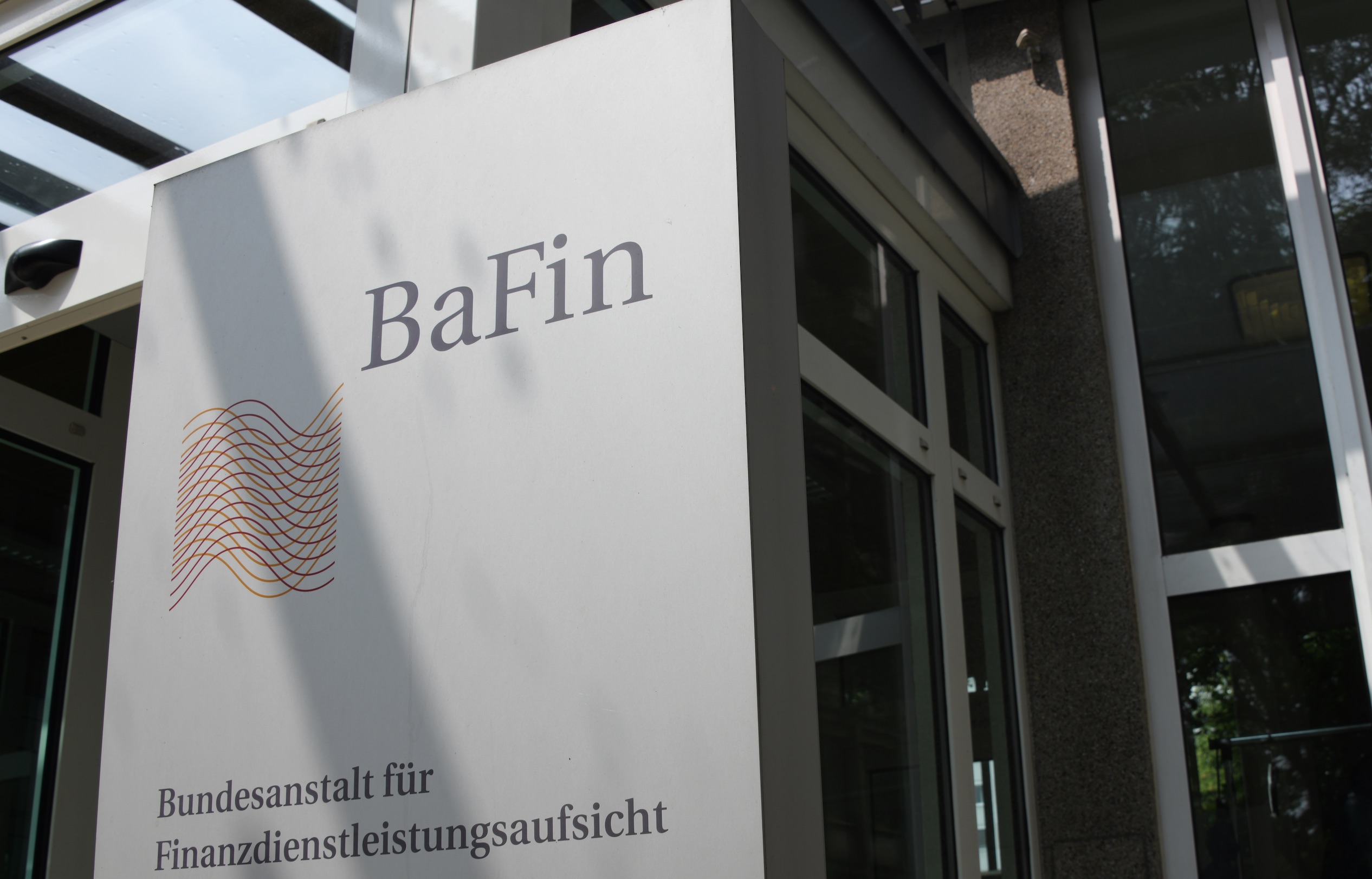EU Publishes Digital Euro Bill Featuring Privacy Controls, Offline Guarantee
BRUSSELS, Belgium – The European Commission published its legislative plans to underpin a digital euro on Wednesday, saying it would ensure Europeans can pay digitally for free across the currency zone.
The text, a version of which was seen by CoinDesk two weeks ago, includes safeguards for privacy and financial stability, but many stakeholders are already questioning the benefits of the potential new central bank digital currency (CBDC).
In a Wednesday posting on the EU executive’s website, the commission’s Executive Vice President Valdis Dombrovskis argued the CBDC brought “strategic advantages.”
“A digital euro would also enhance the integrity and safety of the European payment system at a time when growing geopolitical tensions make us more vulnerable to attacks to our critical infrastructure,” be available “to everyone, everywhere, for free,” and could stimulate innovation and competition in a market dominated by a few major players, mostly from the U.S., said Dombrovskis in the post co-authored with European Central Bank’s (ECB) Executive Board Member Fabio Panetta.
The law doesn’t bring the digital euro into being as such – since it’s the ECB that needs to decide whether to issue the CBDC. Officials argue the state-backed digital currency offers features private payment means aren’t always able to – allowing payments between friends and with higher data protection standards.
Yet despite years of technical work by the central bank, many remain nonplussed – including some of the lawmakers and governments who’d need to approve the commission’s new bill.
The initiative has also faced skepticism from commercial banks, for whom the state-backed currency represents competition to their own digital payments system, and potentially an alternative to savings accounts too.
“Alongside the main features of a digital euro, it is important to discuss the broader questions about its added value,” said Wim Mijs, chief executive officer of lobbying organization the European Banking Association in a statement, arguing the digital euro would need firm limits on holdings and transactions to prevent deposits fleeing from banks.
The legal proposals seek to ensure the digital euro can be used offline, offering a level of privacy equivalent to that of cash. It forbids the CBDC from being “programmed” to limit the goods it can be used to buy, though officials say it could still be used to underpin conditional payments, such as a monthly payment for a utilities bill, or a more complex smart contract.
Edited by Sandali Handagama.









